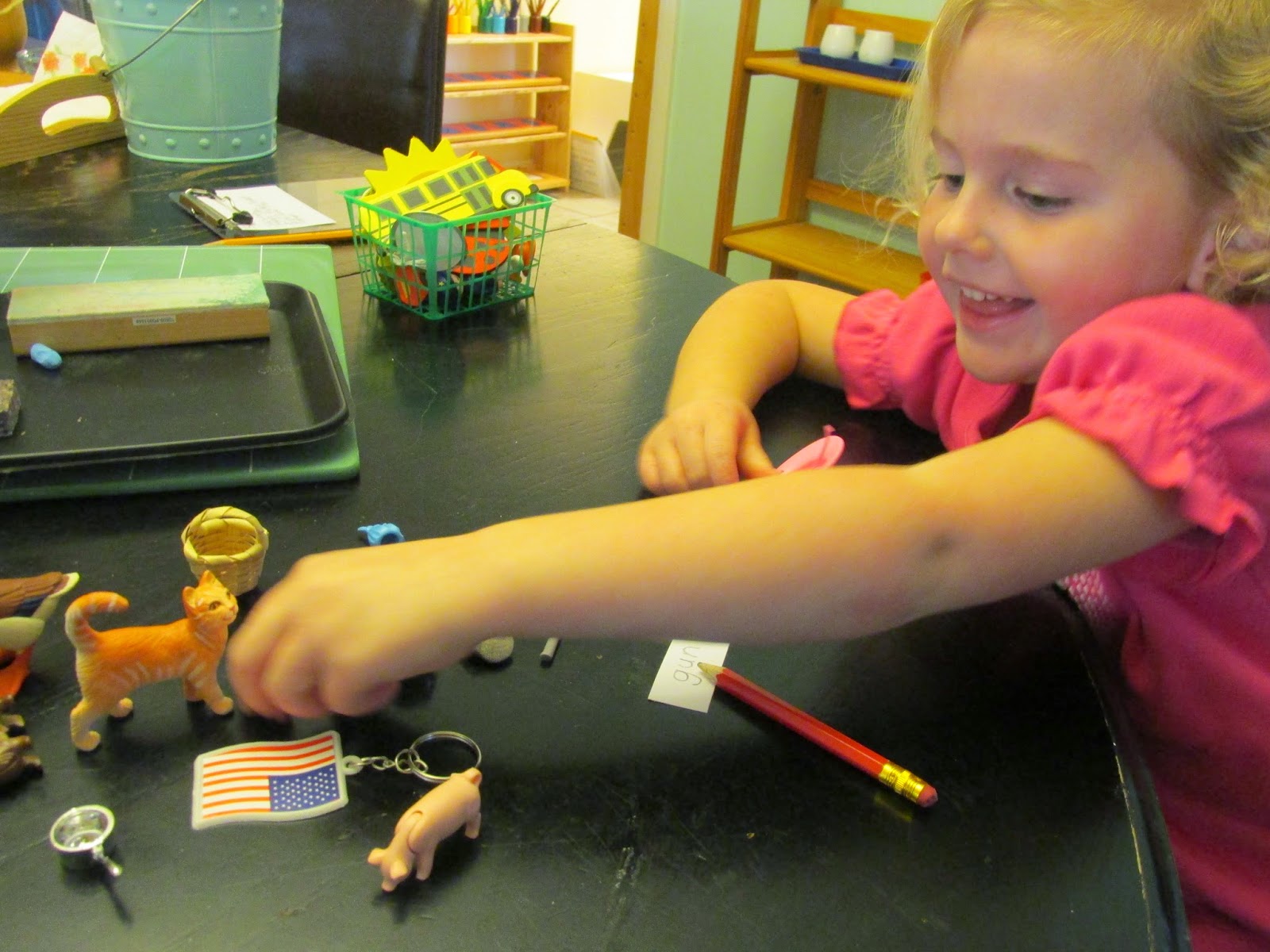
Photo by Eric Kilby
The Busy/Happy Myth
Over the holidays my husband and I attended a small get-together, five of our six children in tow. It wasn't long before we were asked something like, "How do you manage to keep all of them happy and busy?" to which my husband snorted, "We don't!" We have never seen that as our JOB as parents (see this post). Plus, my husband had just written a piece for the Wall Street Journal about the importance of boredom in a child's life and about the sad lack of free time. Little did these new acquaintances realize what a loaded question they had just asked……..
It's not unusual to be asked about our parenting style. Oftentimes it's just a way to break the ice, but sometimes it seems like a genuine inquiry coming from a flustered, frustrated, overwhelmed parent. In a nutshell: we believe children are a gift from God (see this post); they come with their own temperaments and personalities "pre-packaged" at birth; they need to know that they are loved unconditionally; and the greatest gifts that we can give to them are to work on a strong marriage, to pass along our faith, and to be open to any siblings God sends us. Depending upon your outlook, this may sound very boring or downright reckless. Note: maximizing the educational potential or ensuring that one of the children becomes a doctor/lawyer/dentist wasn't on our list.
Many educated parents of young children today have a sort of "chicken with the head cut off" syndrome, bouncing from one parenting fad to the next, living in fear that their children will become bored, behind, or unhappy (or all of the above). The fear fuels a constant push for improvement--FASTER! MORE POPULAR! SMARTER! This is not an atmosphere conducive to joy, calm, or acceptance, and it leaves children hungry for unconditional love. From helicopter parents to tiger moms and 3-martini playdates, we've lost balance in our parenting lives.
When I was young and energetic I made a lot of parenting mistakes because I either feared my own boredom or my children's. Now that I'm older and wiser (and have a lot less energy), I have a little more common sense--enough to realize that boredom can be your friend and that too many activities can stress families out. Earnest parents need to protect their family time, nourish a family culture and make sure their home is a haven where everyone feels accepted. Instead, today's children feel like they have to earn our acceptance and may worry about reaching the limit of our love.
IF YOU ARE A PERFECTIONIST, READ THIS!
If your parents were perfectionists, perhaps you never felt unconditional love growing up. I'm sorry--every person should feel such love from his or her parents! One of my favorite messages--"You are enough"--comes from this organization, which reminds us that we are all made in God's image, regardless of how others treat us. Ideally our parents love us through bad grades and failure, but if you didn't feel accepted at home it's time to acknowledge that YOU ARE ENOUGH, strive to overcome those failures in your upbringing, and vow to do better with your own children. Maybe one of your kids needs far more cuddling than you seem to have time for. Make time for it. Maybe one of your kids needs to talk, talk, talk your ear off. Find a way to listen--whether it's shutting off the radio on the car ride home, chopping veggies together before dinner, doing the dishes side-by-side or giving a back rub. Be receptive. Be available. These things will make a world of difference. The trick is to slow down enough to recognize each person's needs.
IF YOU ARE A FREE-RANGE PARENT, READ THIS!
What I've just said may sound like a promotion for free-range parenting, but it's not. A Montessori approach encourages independence, recognizes the God-given dignity of each soul, and emphasizes the Prepared Environment--an orderly place that allows a child to function and learn on his or her own with freedom. Montessori also takes into account a child's stage of development. But "free-range parenting" is one extreme on the spectrum that can have dangerous implications, such as when, in my upper-middle class suburban neighborhood, three children, ages 4 and under, were playing unsupervised in the street. No parent in sight. That's. Just. Nuts. Not only does good parenting require love and commitment, but it also requires common sense. Along these lines, parents who provide good doses of boredom and free time must also prohibit internet access (when parents aren't around), provide for a suitable environment, and enforce basic ground rules for behavior.
IF YOU TEND TO JUDGE OTHERS, READ THIS!
I have made the mistake of judging another family run from one activity to the next. I thought I knew enough about the personalities involved to pass judgement on the parents' decisions. I was wrong. Especially when it comes to children with special needs (whether officially diagnosed or not), there may be all sorts of behind-the-scenes scenes of which you are unaware. You may be blind to some burden that colors their whole world. If you feel annoyed or irritated or threatened by the prospect of "keeping up with the Joneses," just pray for them. You may wonder how and why they live like they do, but don't judge. Just love.
In closing……...
So that's it for my busy/happy rant. I am not totally against kids' activities outside the home, but let's use some common sense. I welcome your thoughts and ideas on the subject!



























.jpg)

